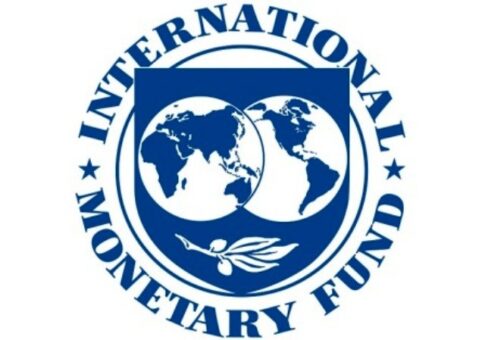KARACHI: The US dollar continued its journey to make new highs on Wednesday and reached to historic high of Rs201.92 against the Pakistan Rupee (PKR) in interbank foreign exchange market.
The exchange rate recorded a dip of 51 paisas in rupee value to end at Rs201.92 to the dollar from previous day’s closing of Rs201.41 in the interbank foreign exchange market.
Currency experts said that foreign exchange market was under pressure due to deepening in political uncertainties.
The former ruling party Pakistan Tehreek I Insaaf (PTI) today (May 25, 2022) launched its long march and sit-in demanding the present PML-N led government to resign and announce fresh elections.
READ MORE: Dollar hits record high at Rs201.41 despite monetary tightening
PTI Chairman Imran Khan on April 10, 2022 was removed from the post of the prime minister through a no-confidence motion. However, Khan claimed that it was result of a conspiracy hatched by local handlers on the behest of administration in the US.
Since the removal of Imran Khan, the rupee fell by around Rs17.24 or 9.33 per cent from Rs184.68 on closing of April 08, 2022 to the current level of Rs201.92 against the dollar.
The State Bank of Pakistan (SBP) on May 23, 2022 announced a sharp increase in policy rate by 150 basis points to 13.75 per cent from 12.25 per cent, considering the weak economic indicators.
The SBP hiked the rate with arguments that after contracting by 0.9 percent in FY20 in the wake of Covid, the economy has rebounded much more strongly than anticipated, growing by 5.7 percent last year and accelerating to 5.97 percent this year, as per provisional estimates.
READ MORE: Dollar hits fresh high at Rs200.93 as rupee free-fall continues
“At 13.4 percent (y/y), headline inflation unexpectedly rose to a two-year high in April and has now been in double digits for six consecutive months. Inflation momentum was also elevated, at 1.6 percent (m/m), and core inflation rose further to 10.9 and 9.1 percent in rural and urban areas, respectively. On the external front, notwithstanding some encouraging moderation in the current account deficit during April, the Rupee depreciated further due both to domestic uncertainty as well as recent strengthening of the US dollar in international markets following tightening by the Federal Reserve.”
The present government inherited with serious economic challenges including falling foreign exchange reserves and ballooning current account deficit. The PML-N led coalition government is negotiating with the IMF for bailout package amid these economic crisis.
Last week the government announced to impose a complete ban on imports to support balance of payment and help rupee to stable. However, these measures appeared in failure as the exchange rate yet again deteriorated today massively.
READ MORE: Dollar touches new peak at Rs200.14
Currency experts said that massive fall in foreign exchange reserves and high import payments were the major reasons behind rupee fall.
Pakistan’s foreign exchange reserves fell to $16.161 billion by the week ended May 13, 2022. The foreign exchange reserves of the country were $16.373 billion by week ended May 6, 2022.
The country’s foreign exchange reserves hit record high at $27.228 billion by the week ended August 27, 2021. Since then the foreign exchange reserves have depleted by $11.067 billion.
The official reserves of the State Bank witnessed a decline of $146 million to $10.163 billion by the week ended May 13, 2022 as compared with $10.309 billion a week ago.
READ MORE: Dollar hits record Rs200 at interbank trading
The SBP reserves reached a record high at $20.145 billion by August 27, 2021. The official reserves also fell by around $10 billion after reaching record high. The official reserves of the SBP have been reduced to provide import payment cover for only 1.50 months.
The import bill of the country surged by 46.41 per cent to $65.49 billion during the first 10 months of the current fiscal year as compared with $44.73 billion in the corresponding months of the last fiscal year.
Pakistan is a net importer of petroleum products to meet its domestic demand. The country’s oil bill was $14.81 billion during the first nine months (July – March) 2021/2022 as compared with $7.55 billion in the corresponding period of the last fiscal year, showing a massive growth of 96 per cent. The oil bill is around 25 per cent of the total import bill of the country.
READ MORE: Dollar makes new high Rs198.39 at interbank closing




